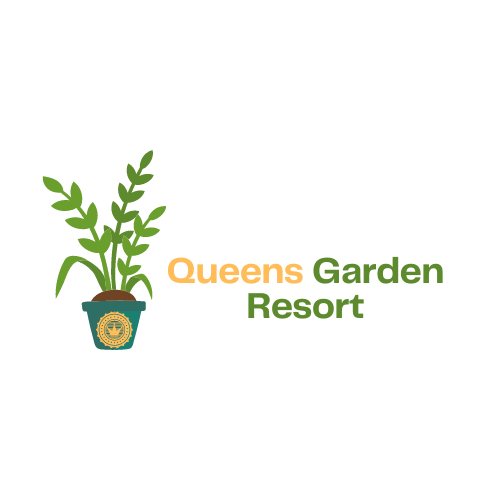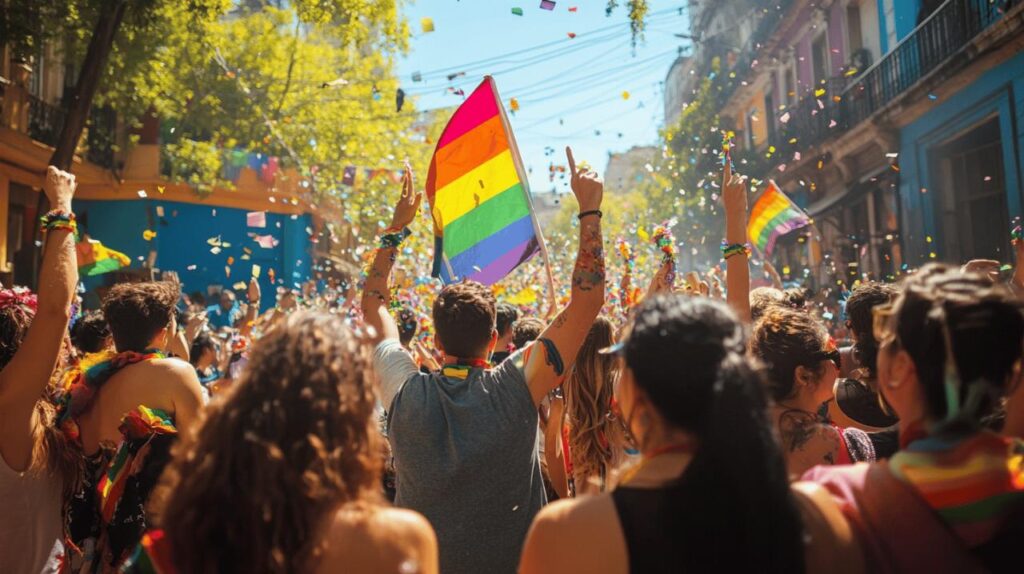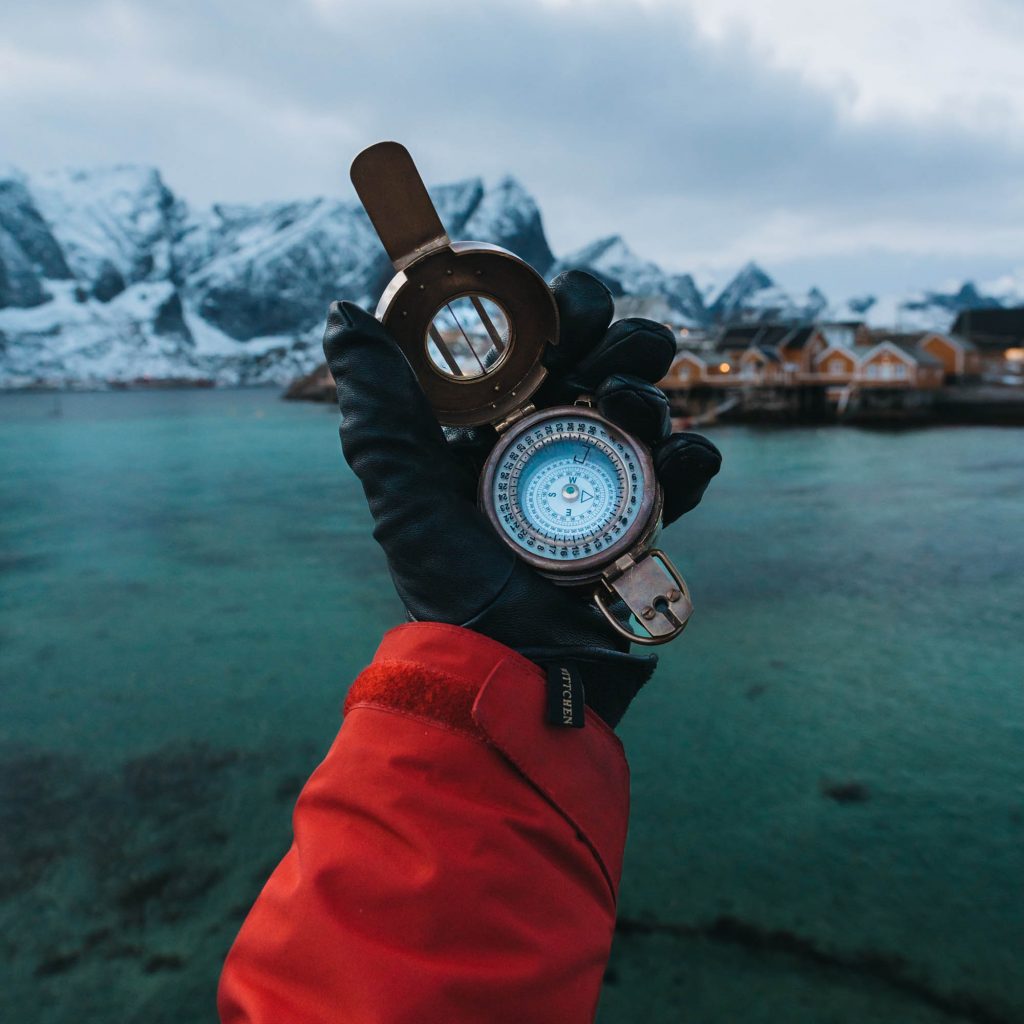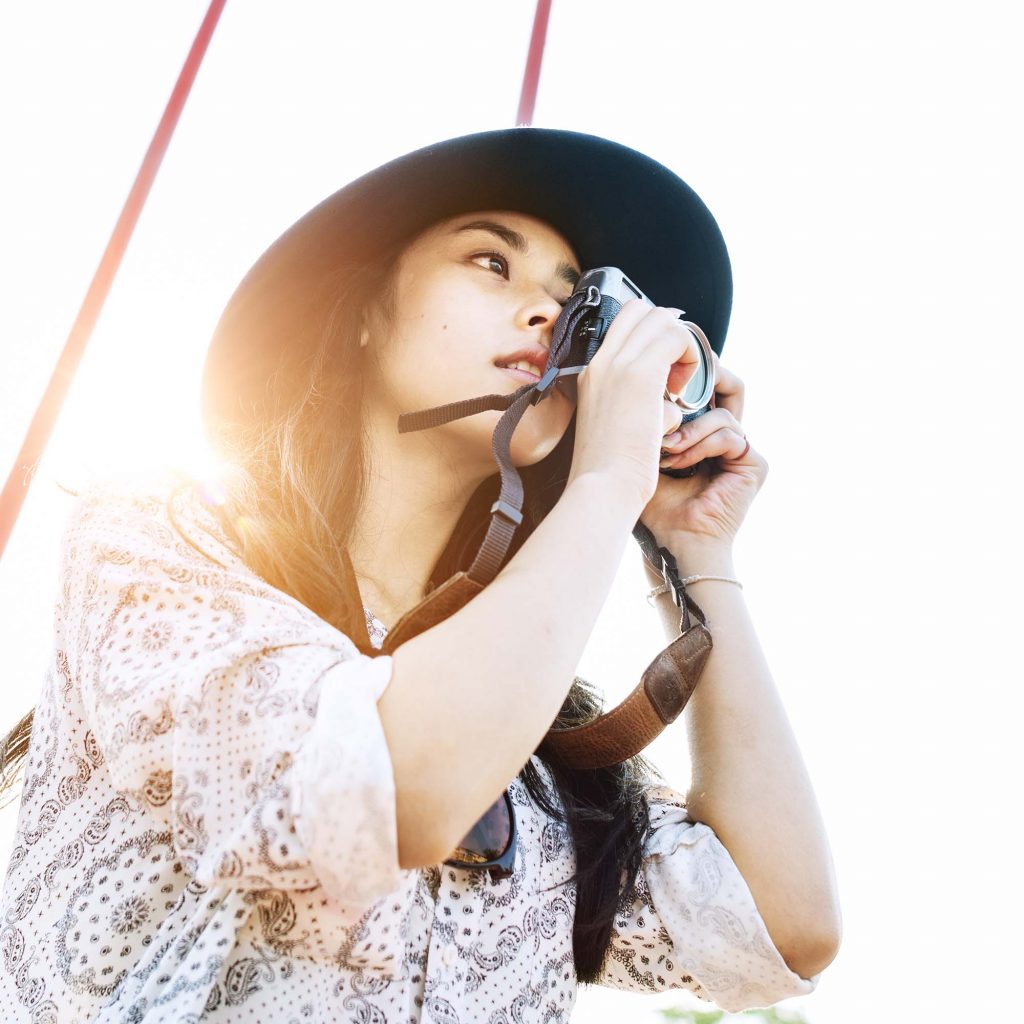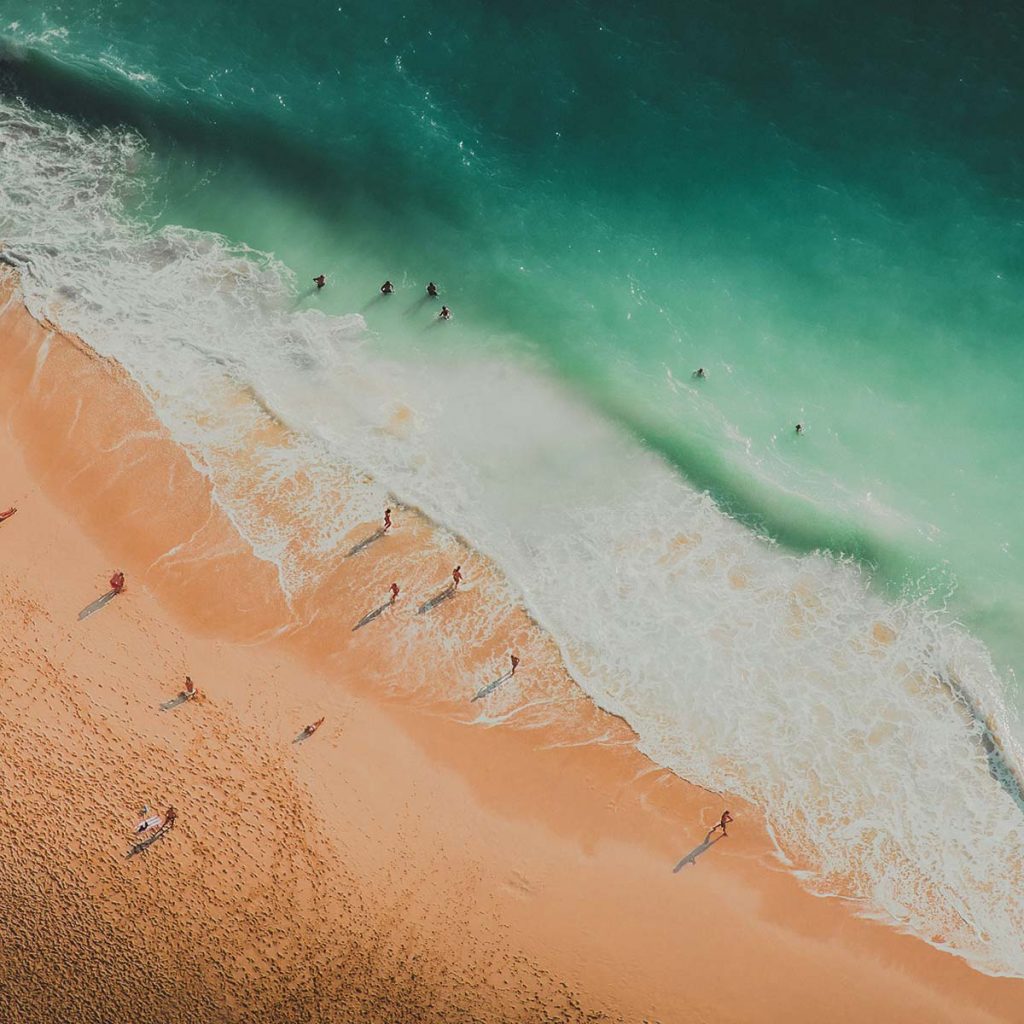Buenos Aires stands as one of Latin America’s most progressive and welcoming destinations for LGBTQ+ travellers. With its colourful streets, passionate culture, and open-minded atmosphere, Argentina’s capital has earned its reputation as the ‘Paris of South America’ not just for its architecture but also for its vibrant queer scene. This comprehensive guide will take you through the heart of Buenos Aires’ LGBTQ+ community, from historic landmarks to the hottest nightlife spots that make this city a must-visit destination on any gay travel itinerary.
The Rich History of LGBTQ+ Culture in Buenos Aires
The story of Buenos Aires’ LGBTQ+ community is one of resilience, activism, and eventual celebration. While today the city boasts one of the most progressive environments in South America, this wasn’t always the case. The journey toward acceptance has been shaped by brave individuals and significant moments that transformed Argentina’s approach to LGBTQ+ rights and visibility. As documented on https://www.walkabout-travel.de/, the country’s progress in LGBTQ+ rights has made it a beacon for queer travellers and locals alike.
From underground movements to legal recognition
The LGBTQ+ movement in Buenos Aires gained significant momentum following global events like the Stonewall Riots, commemorated annually on International Pride Day on June 28th. However, Argentina developed its own unique path toward equality. The first Pride March in Buenos Aires took place in 1992 with just 300 participants—a stark contrast to the massive celebration it has become today, held every first Saturday of November. This transformation reflects the broader societal changes that have taken place, culminating in Argentina becoming the first Latin American country to legalise same-sex marriage in 2010.
One of the most significant figures in this journey was Carlos Jáuregui, a pioneering activist whose legacy is honoured at the Carlos Jáuregui subway station. Opened in 2017, it’s the first station in Latin America named after a sexual diversity activist and serves over 300,000 people daily. This public recognition demonstrates how deeply LGBTQ+ culture has been woven into the fabric of Buenos Aires society.
Iconic LGBTQ+ spaces that shaped the community
Several longstanding establishments have played crucial roles in nurturing the LGBTQ+ community through difficult times. Casa Brandon, an LGBTIQ+ cultural centre operating since 2005, has provided a safe haven for expression and community building for nearly two decades. Similarly, Club Namunkurá has been hosting house music parties since 2005, creating spaces where people could freely express themselves when public acceptance was still developing.
These pioneering venues laid the groundwork for the diverse array of spaces available today. Pride Café, Argentina’s first daytime gay bar, represents this evolution and is set to reopen in August 2025, showcasing the continuing growth and transformation of the scene. These spaces weren’t just places for entertainment—they served as crucial meeting points for activists, artists, and community members during times when visibility was both a political act and a personal risk.
Experiencing Buenos Aires’ LGBTQ+ hotspots today
Modern Buenos Aires offers an impressive variety of LGBTQ+ venues catering to diverse tastes and interests. From intimate cultural spaces to pulsating nightclubs, the city provides options for every preference. The scene continues to evolve while maintaining strong connections to its activist roots, creating an environment that balances celebration with continued advocacy for equality.
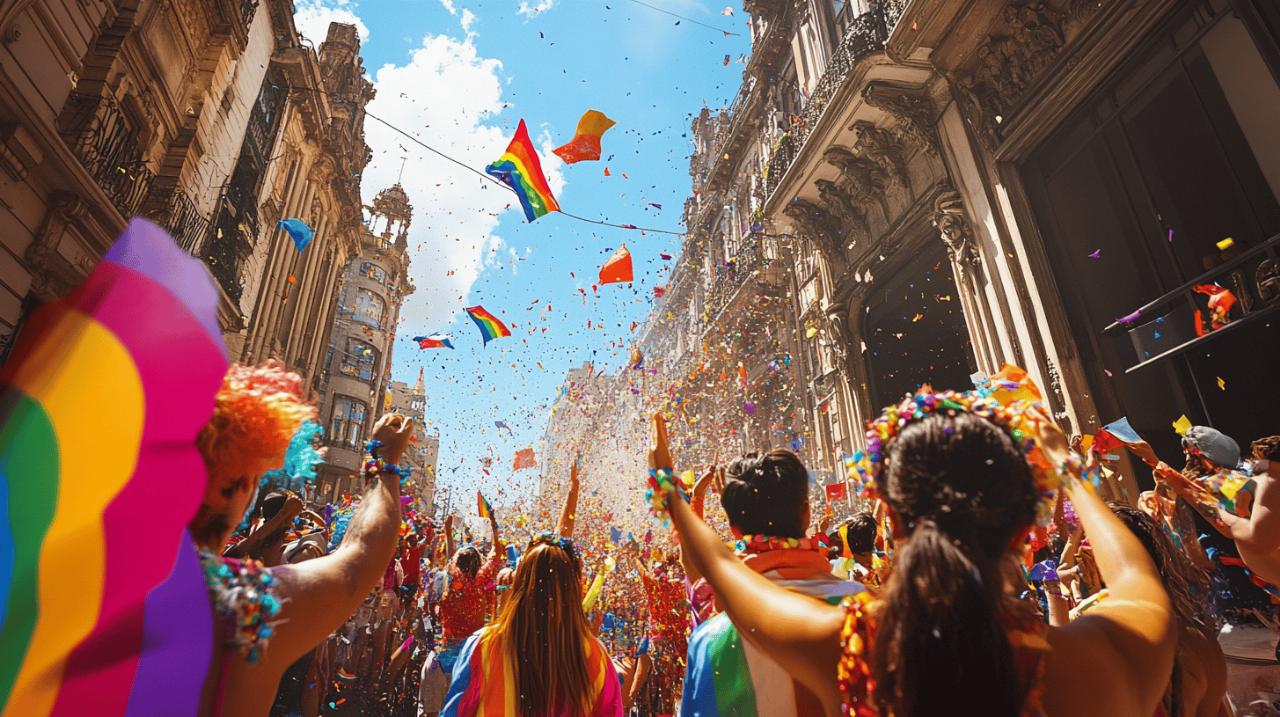
Palermo and San Telmo: Neighbourhoods at the Heart of the Scene
Palermo stands as the undisputed epicentre of Buenos Aires’ gay scene, with its tree-lined streets housing numerous LGBTQ+ venues. Peuteo, a queer bar open Wednesday to Sunday from 6 p.m. to 3 a.m., exemplifies the neighbourhood’s welcoming atmosphere. For those seeking more energetic nightlife, Palermo also hosts Club 69 at Niceto Club, a Thursday institution known for its flamboyant performances and infectious energy.
San Telmo, with its cobblestone streets and colonial architecture, offers a more bohemian queer experience. Pride Café on Balcarce 869 represents the historic significance of this area, while the famous Sunday market at Feria de San Telmo draws diverse crowds. The neighbourhood is also home to Tango Queer on Perú 571, where traditional Argentine tango is reimagined through a queer lens every Tuesday, challenging gender norms in this quintessentially Argentine dance form.
Beyond these main districts, spots like YöBLA.BAR offer intercultural and artivist spaces, while La Greco provides cultural programming with food, live shows, and parties with free entry. The diversity of venues ensures that visitors can experience everything from intimate cultural events to large-scale celebrations.
Annual Events and Celebrations Not to Miss
Buenos Aires’ LGBTQ+ calendar features several unmissable events throughout the year. The Pride March in November has grown from its humble beginnings to become a massive celebration that takes over Plaza de Mayo and surrounding streets. What started with just 300 brave souls in 1992 now attracts thousands of participants from across Argentina and around the world.
November also brings the Asterisco Film Festival, showcasing LGBTQ+ cinema, and the Queer Tango Festival, which celebrates the evolution of this traditional dance form through queer expression. For sports enthusiasts, Dogos Natación provides a welcoming environment for the LGBTQ+ community and will host the IGLA 2024 swimming competition, highlighting how queer culture in Buenos Aires extends beyond nightlife into sports and wellness.
Cultural spaces like Maquinal offer innovative programming focused on art, technology, and activism, while JJ Cultural Circuit provides a transfeminist space with regular film screenings and events. For those seeking a more relaxed atmosphere, La Jolie Party at Club Araoz offers free entry on Wednesdays from 11 p.m. to 4 a.m. for people over 18, creating accessible spaces for community gathering.
Whether you’re exploring the historic streets of San Telmo, dancing the night away in Palermo, or engaging with the city’s rich cultural offerings, Buenos Aires delivers an authentic and diverse LGBTQ+ experience that honours its activist past while embracing a progressive future. As one of South America’s most welcoming destinations for queer travellers, the city continues to evolve while maintaining the passionate spirit that makes it uniquely porteño.
